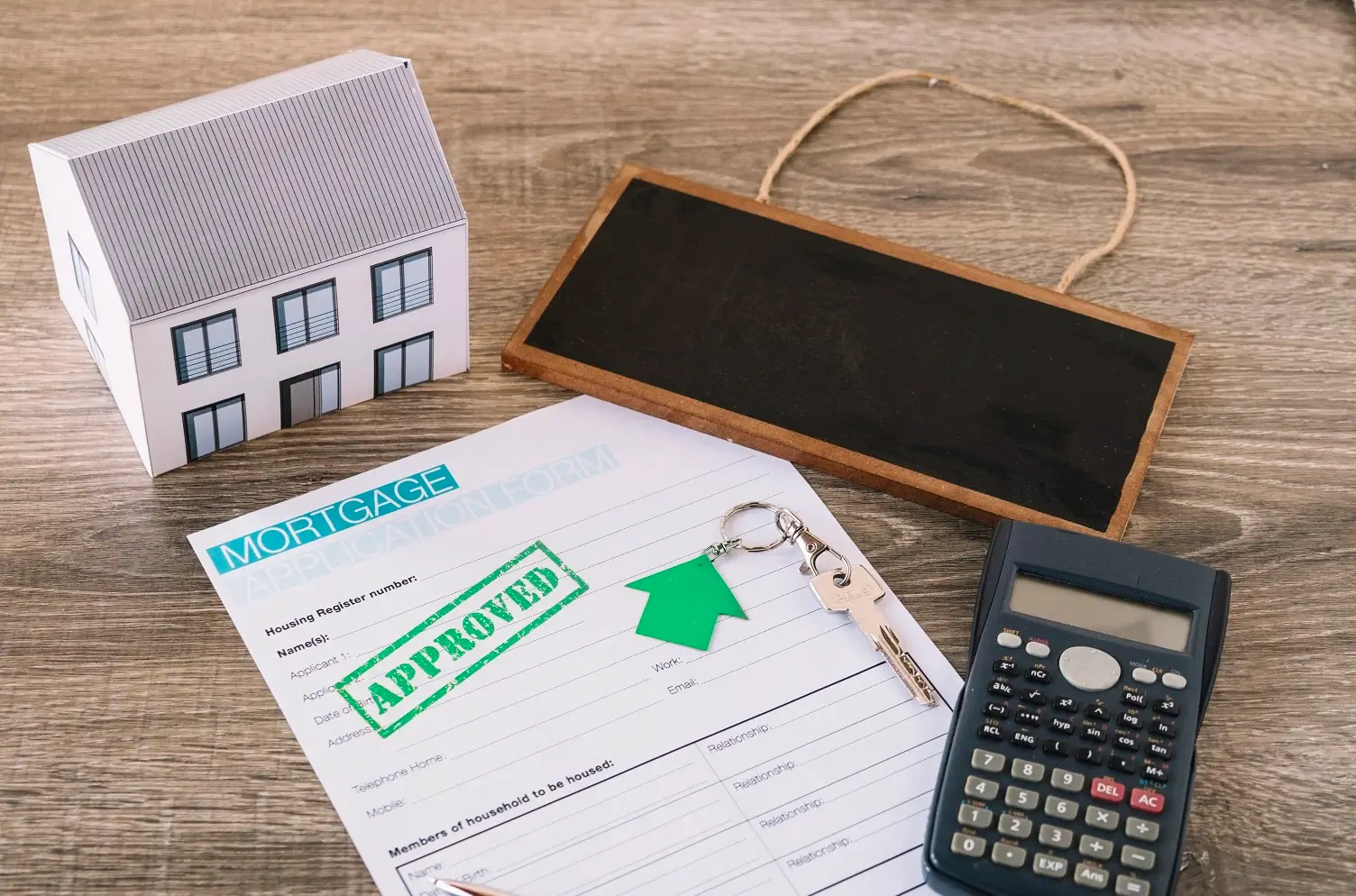Understanding Mortgage Fees and Managing Costs Smartly

While the interest rate attached to your mortgage is undeniably vital, it's equally essential to acknowledge the presence of supplementary fees. The good news is that these fees don't have to be excessively high. Gaining a comprehensive understanding of these expenses in advance can be a valuable aid in financial planning. Moreover, there are practical approaches to mitigate these costs. Continue reading to delve into the realm of mortgage fees, gain insights into what to anticipate, and uncover methods for economising throughout the mortgage process.
Anticipating Mortgage Fees
When applying for a mortgage, it's essential to be aware of the following typical fees:
Arrangement/Product Fee - This fee, charged by your lender, covers the arrangement of your mortgage. It can vary widely, from nothing to approximately £2,000. However, keep in mind that deals with no product fee may come with higher interest rates. Some lenders allow you to add this fee to your mortgage, but this will increase your overall debt and interest payments.
Booking Fee - Sometimes incurred when formally applying for your mortgage, this fee typically ranges from £99 to £250 on average. Some lenders may include it in the arrangement fee, while others might waive it for smaller mortgages.
Valuation Fees - Your mortgage lender will assess a fee for property valuation to ensure it aligns with the agreed purchase price. While some lenders do not charge this fee on specific deals, when it applies, it can range from £250 to £1,500.
Telegraphic Transfer Fee - This small fee arises when your mortgage provider transfers funds to your solicitor for the purchase's completion, typically amounting to £25 to £50.
Account Fee - This administrative charge handles setting up, maintaining, and eventually closing your mortgage account, usually ranging from £100 to £300.
Additional Costs to Consider
Depending on your choices and the services you opt for, the following costs may also apply:
Homebuyer Surveys - Valuation reports conducted by lenders might not identify potential property issues like dampness, subsidence, or Japanese knotweed. Homebuyer surveys, which offer more comprehensive inspections, typically cost between £200 and upwards of £600.
Higher Lending Charge - Some lenders impose this charge when you have a small deposit, providing additional security for them. Not all lenders levy this fee, but when applicable, it typically amounts to 1.5% of the mortgage amount.
Freedom of Agency Fee - If a lender prefers you to obtain buildings insurance through them and you wish to source it elsewhere, you might incur a small fee, usually around £25. This expense could be worthwhile if more affordable insurance options are available elsewhere.
Additional Insurance - Most lenders require you to have some form of home insurance, but considering additional protection such as life insurance or critical illness cover is advisable. The cost varies based on the level of coverage.
Broker Fees - Using a mortgage brokers (highly recommended) may entail an additional fee, often a percentage of the loan amount or approximately £500 on average. The cost of a broker is often outweighed by the savings they can secure through better mortgage deals.
Fees After Securing Your Mortgage
Mortgage holders might encounter extra costs during the term of their mortgage, including:
Missed Payment Penalties - Some lenders impose financial penalties for missed mortgage payments or arrears, the amount varying according to the lender's policies.
Early Repayment Charges (ERCs) - These charges may apply if you pay off your mortgage before the agreed term ends, typically amounting to 1-5% of the early repayment amount.
Exit Fees - An administrative charge for closing your mortgage account upon repayment completion, typically ranging from £75 to £300.
Additional Home-Buying Costs
When purchasing a property, other costs to consider include:
Legal Fees - Solicitor fees for overseeing the transaction can range from £850 to £1,500 for a standard residential property purchase.
Stamp Duty - The amount varies based on the property's value and purpose.
Removal Costs - The cost of removal services varies depending on factors such as the house's size, the number of items being transported, and the distance. On average, expect to pay between £350 and £1,400.
Smart Strategies to Reduce Mortgage Fees
A knowledgeable mortgage brokers can assist not only in securing a better deal with a lower interest rate but also in minimising fees. They assess mortgage products across the market, factoring in all extra charges and interest rates, ensuring you have a clear understanding of the overall costs over the mortgage term. Additionally, they can recommend solicitors and insurance plans while providing access to exclusive cost-effective deals. Relying on their expertise can lead to significant savings during your mortgage journey.
Related Posts
Ask the Expert
Mortgage Brokers


_7779.jpg)

